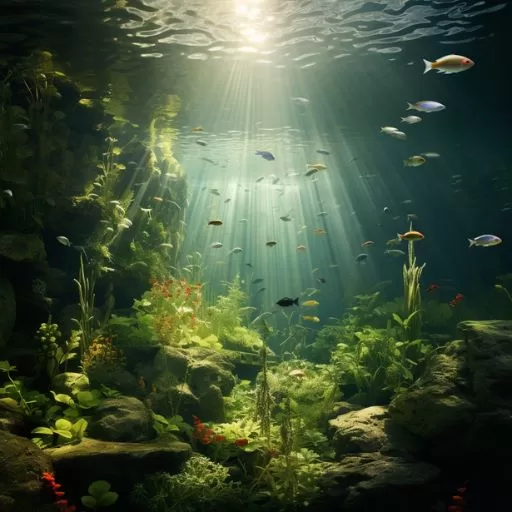Angling, a pursuit that spans cultures and generations, holds a deep connection to the natural world. As we cast our lines into lakes, rivers, and oceans, we become participants in an intricate ecosystem. Responsible angling, characterized by ethical practices and environmental stewardship, is not just a choice but a responsibility. In this article, we explore the importance of responsible angling and the steps we can take to ensure the preservation of aquatic ecosystems and the enjoyment of generations to come.
Ethical Angling Practices
1. Catch and Release: Embrace the practice of catch and release, especially with vulnerable or endangered species. Handling fish carefully and returning them to the water promptly minimizes stress and increases their chances of survival.
2. Size and Bag Limits: Familiarize yourself with local fishing regulations, including size and bag limits. These limits are designed to maintain fish populations at sustainable levels and ensure the health of aquatic ecosystems.
3. Use Barbedless Hooks: Barbedless hooks are easier to remove from fish, reducing harm and stress during catch and release.
4. Proper Handling: Handle fish with wet hands or gloves to prevent damage to their protective slime layer. Avoid squeezing or holding them vertically by the gills.
Environmental Stewardship
1. Pack It In, Pack It Out: Dispose of your trash, including fishing line, hooks, and other gear, properly. Leaving waste behind can harm wildlife and the environment.
2. Monofilament Recycling: Many fishing supply stores and marinas offer monofilament recycling bins. Properly disposing of fishing line prevents birds and marine life from getting entangled.
3. Respect Wildlife: Give wildlife their space. Avoid disturbing nesting areas and be mindful of sensitive habitats, especially during breeding seasons.
4. Stay on Designated Paths: Stick to designated paths and fishing areas to minimize your impact on fragile ecosystems.
Preserving Aquatic Habitats
1. Avoid Damaging Vegetation: Avoid trampling on aquatic plants and disrupting sensitive habitats, such as spawning areas or nesting sites.
2. Proper Anchoring: Anchor responsibly to avoid damaging underwater vegetation and habitats.
3. Invasive Species Prevention: Clean your gear and boat to prevent the spread of invasive species from one body of water to another.
Educate Yourself and Others
1. Stay Informed: Regularly update yourself on local fishing regulations, conservation efforts, and best practices.
2. Lead by Example: Educate fellow anglers, especially newcomers, about responsible angling practices. Be a role model for ethical behavior on the water.
3. Support Conservation Organizations: Contribute to and support organizations dedicated to conserving aquatic ecosystems and promoting responsible angling.
Sustaining the Legacy
Responsible angling is not just about catching fish; it’s about fostering a connection with nature and ensuring that future generations can experience the same joys of fishing that we do today. By embracing ethical practices, respecting the environment, and educating ourselves and others, we become stewards of our waters and guardians of the delicate balance that sustains aquatic life. Responsible angling is not only a responsibility but a privilege—a chance to be part of something greater than ourselves, preserving the legacy of both angling and the natural world for years to come.

